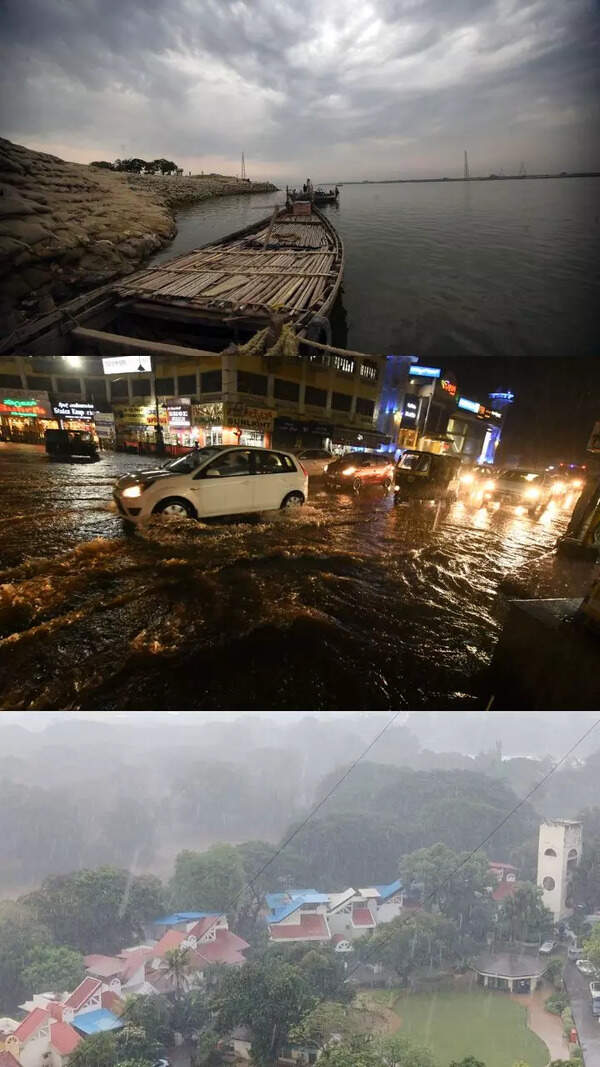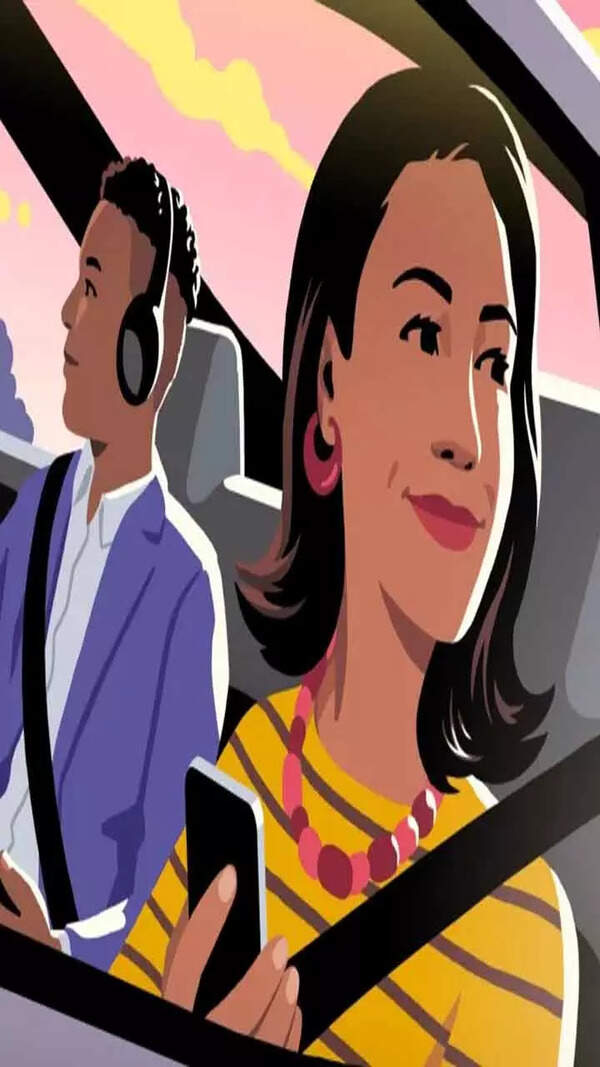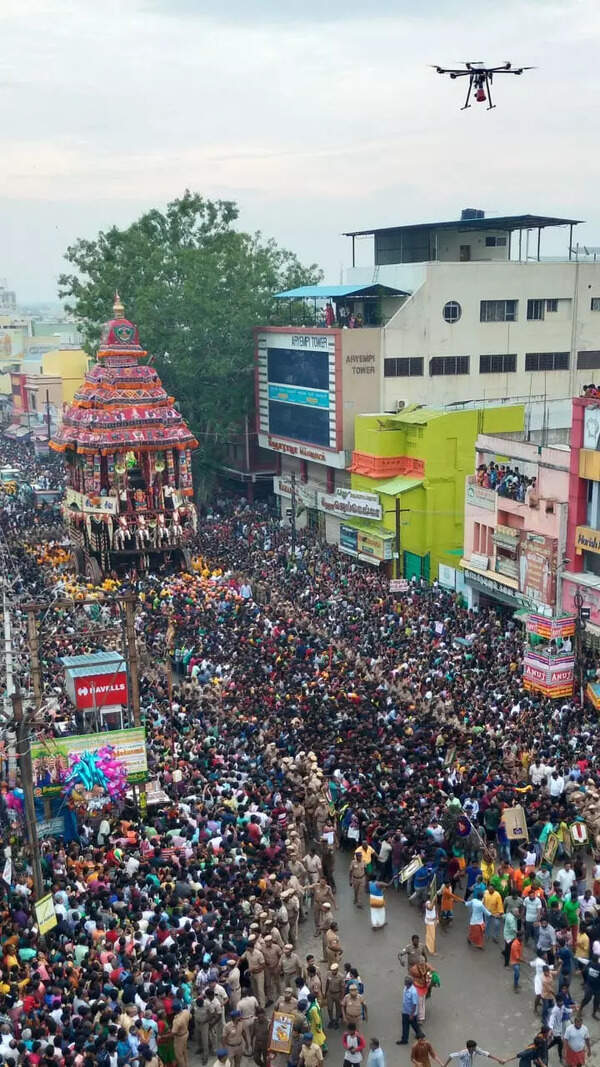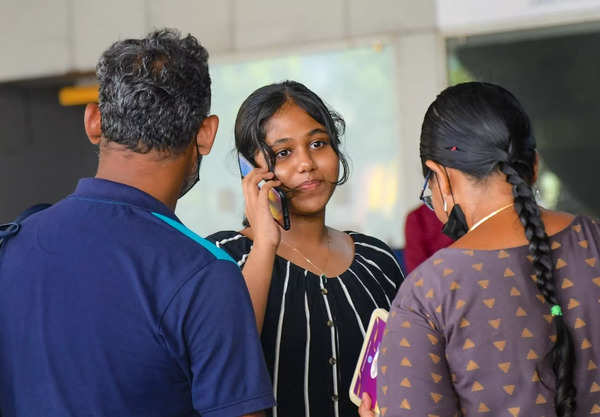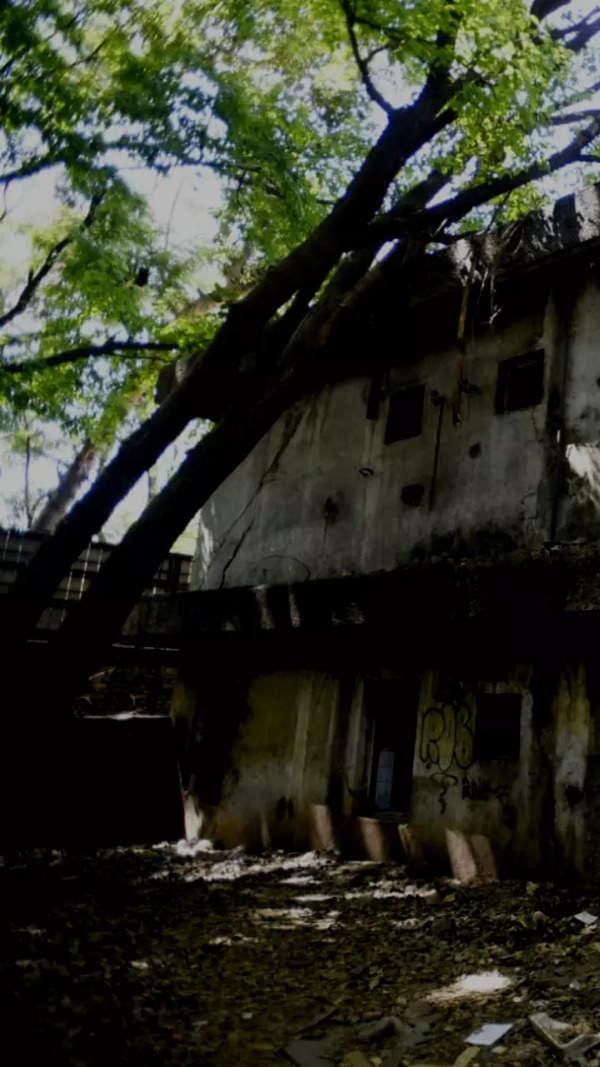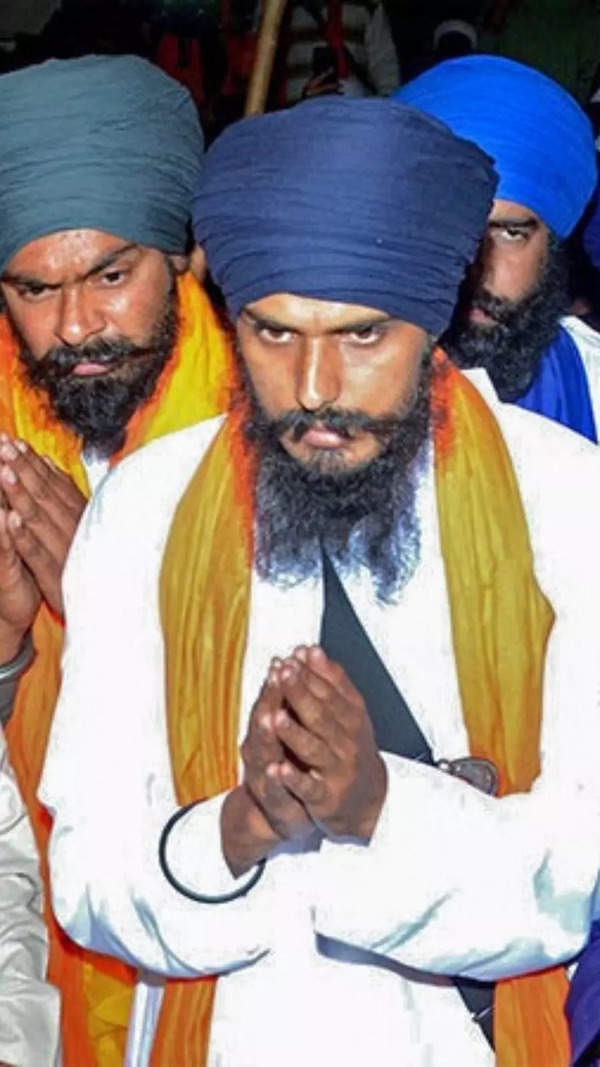- News
- City News
- chandigarh News
- Police barriers can’t be constant on nat’l/state highways, HC told
Trending Topics
Police barriers can’t be constant on nat’l/state highways, HC told

Chandigarh: The Haryana government has clarified that police barriers cannot be fixed permanently on national/state highways for checking of papers of vehicles. Only a temporary naka, of short duration, can be set up.
It has also been clarified that traffic police officers on highways do not randomly stop vehicles for checking documents. It is only if they notice any suspicious activity or violation of traffic rule — lane change, wrong side driving, black film, drunken driving, rash driving and over speeding among others — by a road user that a vehicle is stopped, its documents checked and challan is issued for violation.
This information has been provided to the Punjab and Haryana high court by Mamta Singh, IPS, ADGP (law and order) Haryana, on behalf of the DGP, in response to some queries raised by the court regarding authority of traffic police to check vehicles.
In response to a query regarding stopping of vehicles of other states in thickly populated areas for checking, the HC has been informed that no such discrimination is done. Best efforts are made for smooth flow of traffic and prevent the public from inconvenience as far as possible in areas with heavy traffic volume on roads.
In 12 big cities of Haryana, challans under Motor Vehicles Act against the violators are being done through CCTV cameras in areas which are thickly populated and have heavy traffic volume and said challans are sent through post, the court was informed further.
The HC has also been informed that there is shortage of police force including traffic police force.
Regarding another query about deployment of traffic cops during odd hours for vehicle checking, the state police has stated that a deputed traffic police constable can stop a vehicle at odd hours on visible offence or suspicious condition or traffic violations. However, it has been added that usually, a single police personnel is not deputed on traffic duty in late hours.
The matter was heard on Friday before the bench of Justice Arvind Singh Sangwan. The court has now adjourned the matter for May 22 directing the Punjab government to clarify its position on these issues.
It has also been clarified that traffic police officers on highways do not randomly stop vehicles for checking documents. It is only if they notice any suspicious activity or violation of traffic rule — lane change, wrong side driving, black film, drunken driving, rash driving and over speeding among others — by a road user that a vehicle is stopped, its documents checked and challan is issued for violation.
This information has been provided to the Punjab and Haryana high court by Mamta Singh, IPS, ADGP (law and order) Haryana, on behalf of the DGP, in response to some queries raised by the court regarding authority of traffic police to check vehicles.
In response to a query regarding stopping of vehicles of other states in thickly populated areas for checking, the HC has been informed that no such discrimination is done. Best efforts are made for smooth flow of traffic and prevent the public from inconvenience as far as possible in areas with heavy traffic volume on roads.
In 12 big cities of Haryana, challans under Motor Vehicles Act against the violators are being done through CCTV cameras in areas which are thickly populated and have heavy traffic volume and said challans are sent through post, the court was informed further.
The HC has also been informed that there is shortage of police force including traffic police force.
Regarding another query about deployment of traffic cops during odd hours for vehicle checking, the state police has stated that a deputed traffic police constable can stop a vehicle at odd hours on visible offence or suspicious condition or traffic violations. However, it has been added that usually, a single police personnel is not deputed on traffic duty in late hours.
The matter was heard on Friday before the bench of Justice Arvind Singh Sangwan. The court has now adjourned the matter for May 22 directing the Punjab government to clarify its position on these issues.

About the Author
Ajay SuraAjay Sura is Senior Assistant Editor with The Times of India Chandigarh. He covers news concerning the State of Haryana, Punjab & Haryana High Court and Defence & Military Affairs. He likes to analyse political developments and decoding judicial pronouncements. His hobbies include travelling, mountaineering and trekking.
Start a Conversation
FOLLOW US ON SOCIAL MEDIA
FacebookTwitterInstagramKOO APPYOUTUBE




